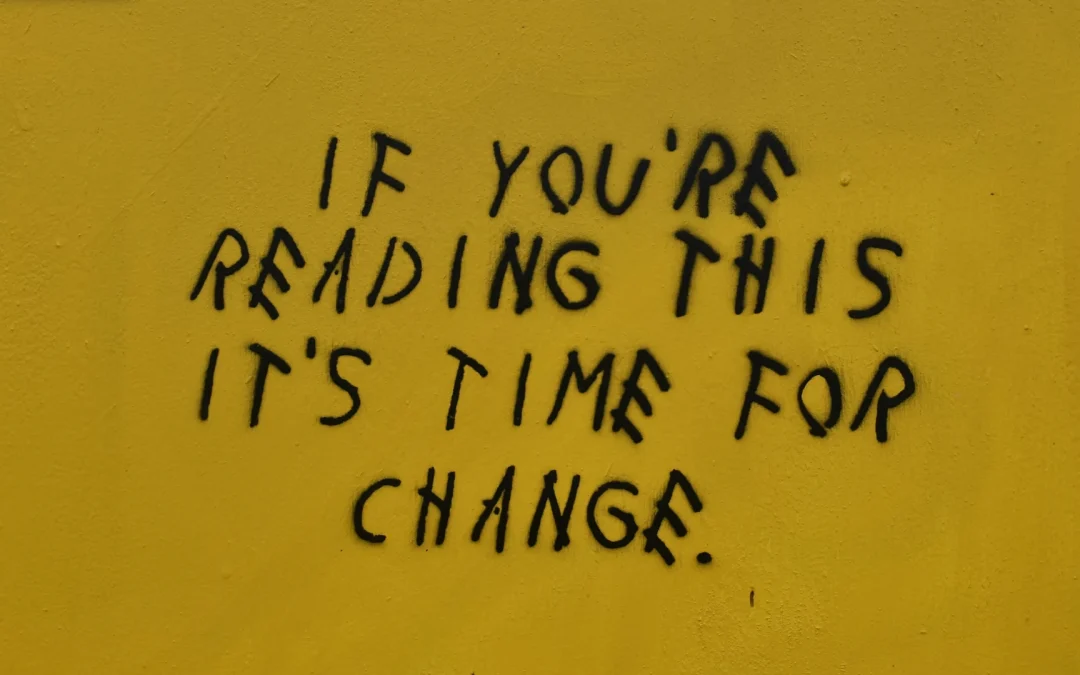Most people never think about the morality of their money. Our use of dollars, euros, or yen is simply “the way things are”—background elements of economic life, like the weather. But what if I told you that a form of money itself can be profoundly moral or immoral? That our current monetary system systematically violates fundamental Catholic principles of justice? And that there’s a better way?
The idea of “immoral money” might sound strange, but consider this: money touches virtually every aspect of human life. We use it to buy food, shelter, and clothing. We save it for our children’s education and our own retirement. We give it to charity and receive it as wages for our labor. Because money is so central to human flourishing, the system that governs it inevitably shapes our moral choices—either encouraging virtue or enabling vice. Maybe this is why Christ talked so much about money.
Throughout history, most forms of money were simply goods from nature: shells, stones, silver, gold. These natural monies had inherent limitations that prevented widespread abuse. But in the twentieth century, something unprecedented happened. Governments abandoned natural money and created fiat currency—money backed by nothing more than political decree, with no limit to how much—or how quickly—new money is created. Instead of being bound to the discipline inherent in a fixed money supply, governments could simply print (or digitally create) new money whenever they needed it. This shift has had devastating moral consequences that most people don’t recognize.
The Eight Pillars of Moral Money
Drawing from natural law principles and Catholic social teaching, we can identify eight fundamental requirements that any moral monetary system must fulfill:
Money must not enable the theft of purchasing power. The seventh commandment prohibits stealing, and this includes the subtle yet very real theft that occurs when money loses value over time due to inflation. When government officials can create new money whenever they desire, that devalues the existing monetary base and so they’re essentially stealing from everyone who holds the existing money. Your savings account doesn’t need to be physically robbed—it can be plundered through monetary debasement.
We have a right to the fruit of our labor. When you work, you earn money that represents the value you’ve created. If that money is systematically devalued after you earn it, you’re being robbed of your labor’s fruit. This isn’t a theoretical concern—it’s happening right now as inflation erodes the purchasing power of wages faster than most people realize.
Workers deserve a just wage. But what makes a wage “just” isn’t only the amount paid—it’s also whether that wage maintains its value over time. A salary might seem fair when received, but if inflation destroys its purchasing power, the worker is effectively being cheated. The underlying point of a just wage is enabling a dignified livelihood, which becomes impossible when money constantly loses value.
Economies need stable currency. Pope John Paul II recognized this, noting that economic activity “presupposes sure guarantees of individual freedom and private property, as well as stable currency” (Centesimus Annus 48). When money’s value fluctuates wildly due to government manipulation, it becomes impossible to plan for the future or make sound economic decisions.
Money should encourage temperance rather than excessive consumption. Our current inflationary system actually punishes saving and rewards spending. When you know your money will be worth less tomorrow, you’re incentivized to spend it today rather than save it. This fosters the vice of consumerism while discouraging the virtue of prudent saving.
The monetary system should not favor the rich over the poor. Yet our current system does exactly that through what economists call the Cantillon effect. When new money is created, those closest to the money printer—banks, large corporations, government contractors—get to spend it first at current prices. By the time that new money reaches ordinary workers, prices have already started rising. The rich get richer while the poor get poorer, not through merit but through monetary privilege.
Parents must be able to provide for their families. When money constantly loses value, it becomes increasingly difficult for families to plan ahead, save for children’s education, or build generational wealth. The current system forces parents into risky investments just to preserve their purchasing power, potentially jeopardizing their family’s security.
Society must care for the poor. Inflation hits the poor hardest because they hold most of their wealth in cash and can’t afford the “hard assets” that rich people use to hedge against inflation. Real estate, stocks, and commodities rise with inflation, but the poor can’t access these inflation hedges. They’re trapped in a monetary system that systematically transfers wealth upward.
The Failure of Fiat Money
Our current fiat monetary system fails spectacularly on all eight principles. Since 1971, when the United States completely abandoned the gold standard, we’ve lived under a purely fiat regime where money is created by government decree rather than by any natural constraint.
The results have been predictable and devastating. The purchasing power of the dollar has declined by over 85% since 1971. What cost $10 in 1971 now costs more than $70. This isn’t natural price inflation—it’s monetary theft on a massive scale.
Meanwhile, wealth inequality has exploded to levels not seen since the Gilded Age. Housing has become unaffordable for young families. Savings accounts pay negative real interest rates. Young people adopt “financial nihilism,” believing they’ll never be able to afford homes or retire comfortably. Many delay having children because they can’t afford to raise them.
These aren’t separate problems—they’re all symptoms of the same underlying disease: an immoral monetary system that systematically violates the principles of justice.
Bitcoin: The Moral Alternative
But there is hope. In 2008, an anonymous programmer named Satoshi Nakamoto proposed a radical alternative: bitcoin, a form of digital money with a fixed supply cap of 21 million coins. No government can print more bitcoin. No central bank can manipulate its supply. Its issuance follows a predetermined mathematical schedule that everyone can verify.
As I detail in my book Moral Money: The Case for Bitcoin, bitcoin fulfills all eight principles of moral money better than any monetary system in history:
It prevents theft of purchasing power through its absolutely fixed supply. It preserves the fruit of our labor by maintaining value over time. It enables truly just wages by ensuring currency stability. It encourages temperance by rewarding saving over consumption. It doesn’t favor the rich over the poor—anyone can hold Bitcoin regardless of wealth or connections. It helps parents provide for their families by offering a reliable store of value. And it particularly benefits the poor by giving them access to an inflation hedge—something that was previously available only to the wealthy.
Bitcoin isn’t perfect—no earthly money can be. But it represents the most moral form of money ever created, one that aligns economic incentives with moral behavior rather than corrupting them.
The choice before us is clear: continue accepting an immoral monetary system that systematically violates principles of justice, or embrace a technology that finally makes moral money possible. The future of human flourishing may well depend on which path we choose.
Photo by Alexander Mils on Unsplash











